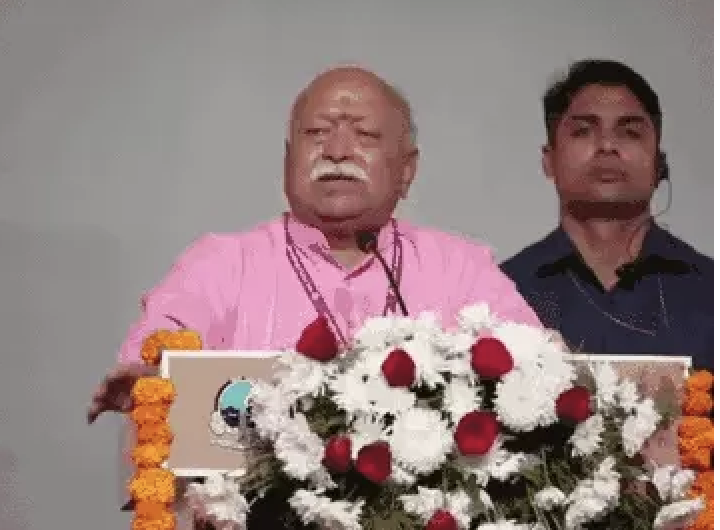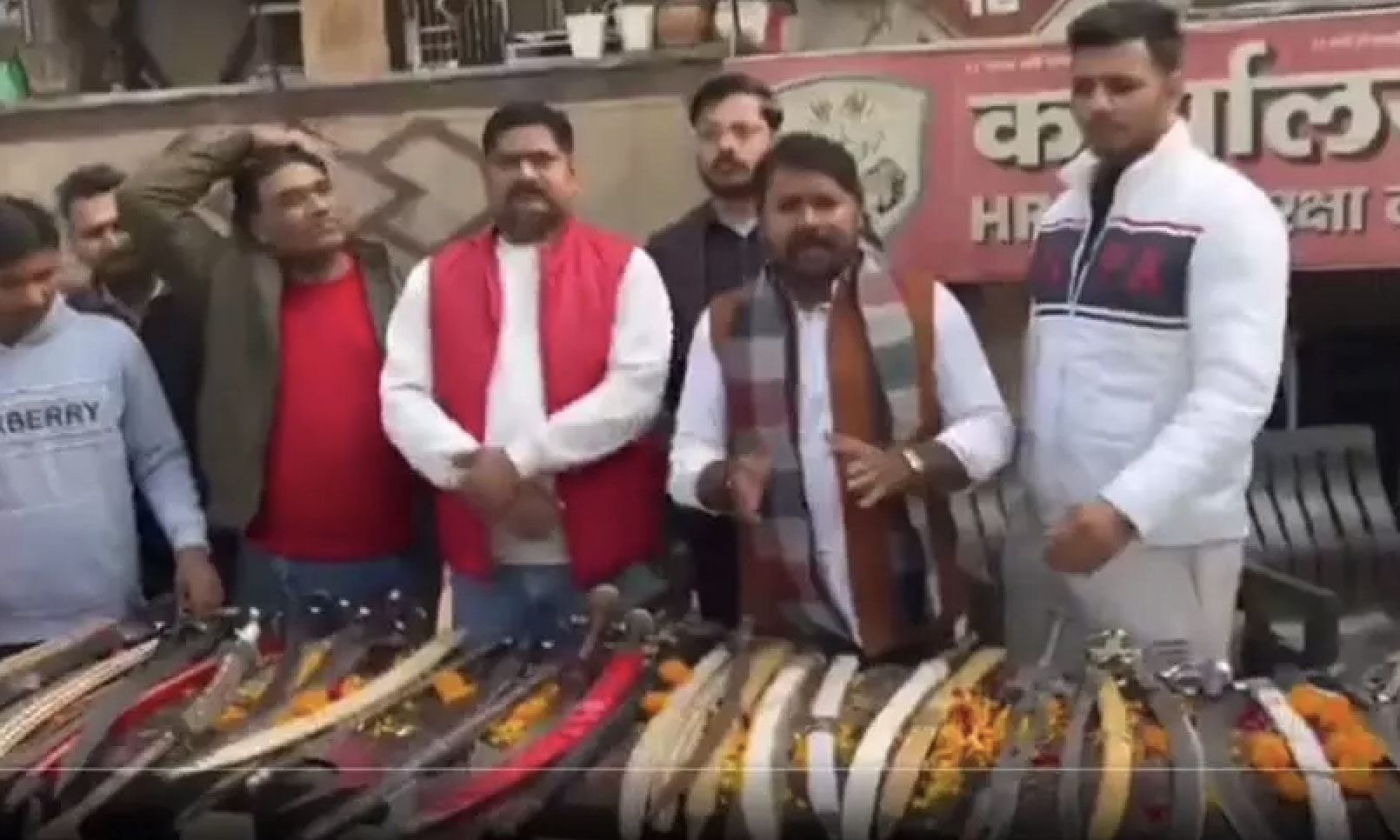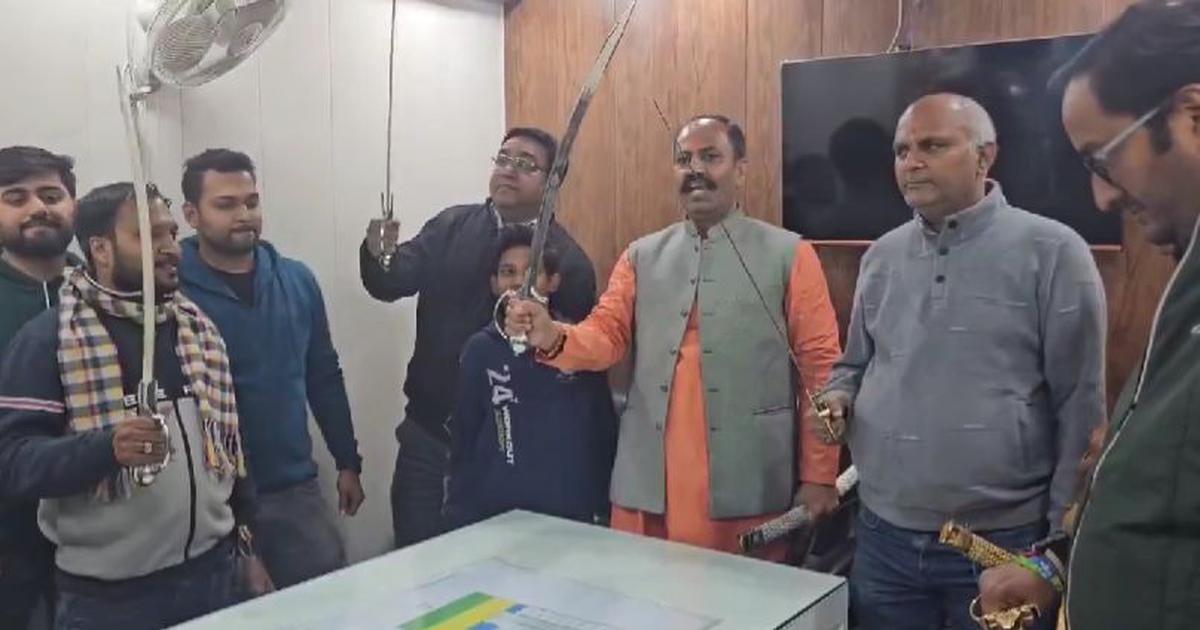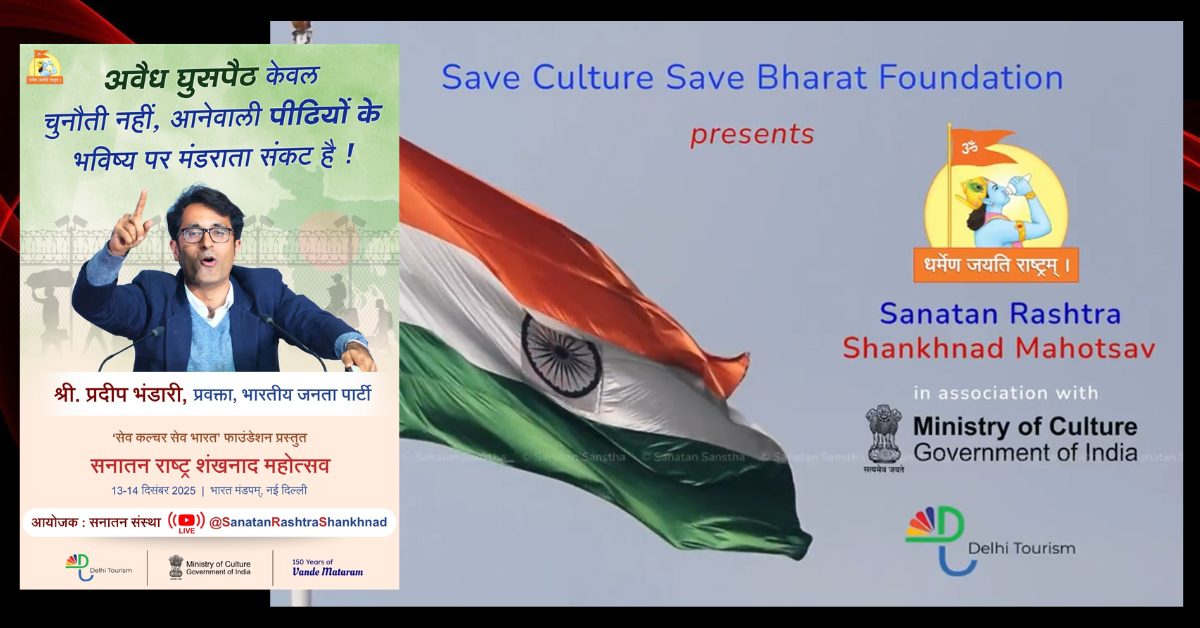
Harsh Mander is an activist for peace and communal harmony. The government, however, sees him as an annoying and possibly dangerous busybody who raises inconvenient questions and therefore must be harassed, if not quashed. As has happened frequently in recent times, his premises were ‘raided’ by the Enforcement Directorate under the Prevention of Money Laundering Act. Essentially, the allegation is that behind the fig leaf of social work, he siphons off donations and grants, especially from foreign donors. That there is no evidence of this is a different matter altogether.
Nor is he alone — all kinds of people, from actor Sonu Sood, who worked tirelessly to help migrants trying desperately to get home during the first lockdown, to Youth Congress chief B.V. Srinivas, who had organised oxygen cylinders and medicines for desperate COVID-19 patients, have come under the investigative radar, and either been raided by the Income Tax Department or questioned by the police.
The raids against Sood have gone on for three days. Allegations have been made that he evaded taxes amounting to Rs 20 crore and by taking funds from foreign sources, contravened several laws. Recently, Sood had signed up with the Delhi government for a scheme under which professionals will be mentors to school children. The BJP has said there is no connection between this and the raids.
The thing about such allegations by some branch of the government or the other is that they get a lot of media attention and the mud sticks. Nobody waits for due process, under which the charges need to be proved beyond doubt. Now forever there will be a cloud against many of those who have been raided.
Sood and others like him are not necessarily critics of the government or the BJP, but their work exposes shortcomings and failures in official policies, directly or indirectly ― like the massive failure of the government during the COVID-19 crisis, when it left migrants and patients to their own devices, bereft of empathy and assurance. Citizens stepped in, and that the government clearly does not like.
The critics too are not spared either — in a bleak scenario, where most of the media has become like Nipper, the mixed terrier listening to His Master’s Voice, a few dissenters do stand out. They soon attract official attention — online portals Newslaundry and Newsclick were recently visited by the Income Tax authorities for a ‘survey’ and their staff questioned. Both frequently write against the government and the BJP.
In July, nearly 30 offices of Dainik Bhaskar, an influential and highly-circulated Hindi daily in several states, were raided for alleged tax evasion. Bhaskar has been an unqualified supporter of Narendra Modi, but in May, it had investigated a large number of bodies found on the banks of the Ganga in UP, all apparently COVID-19 victims. This was journalism as it should be done, and not surprisingly, it attracted the wrath of the Yogi Adityanath government — and therefore that of the Centre ― because it showed up the sheer callousness of the former’s regime, destroying his claims of excellence. Adityanath has been particularly vindictive against all kinds of ‘anti-nationals’, from comedians to doctors to, of course, journalists, including one who sought to write about the gangrape, murder and hurried cremation by the police in Hathras. Siddique Kappan was arrested on his way to Bhulgarhi village. He hadn’t even yet written a story.
Kappan happens to be a Muslim, but all the others who have been raided, are not. When it comes to trying to shut down questioners, the BJP government is not necessarily communally-minded.
Authoritarian governments, even if democratically elected, are hostile to any dissent because it busts carefully constructed narratives, and this government has been particularly touchy. The constant refrain of its many ‘achievements’, even if the reality on the ground is the opposite, and the daily amplification provided by loyalist media, have not only convinced the avid followers — bhakts — of Narendra Modi, but also the government itself. Any opposing view tears through those claims and demolishes them. That just won’t do. Hence the harsh reaction of sending official agencies to intimidate them and possibly shut them up. It rarely works. Neither Mander nor the targeted media houses are likely to remain quiet. They will not just continue to speak up, but will continue their work with vigour.
Of course, such intimidation has a chilling effect on others, journalists included, who may harbour ideas of speaking out. The fear of being visited by official investigative agencies and even being arrested can scare most people who may then decide that discretion is the better part of valour. Businessmen, celebrities and otherwise influential people have already learnt this lesson. Others may follow soon, and that can only be bad for Indian democracy.
This story first appeared on thewire.in






